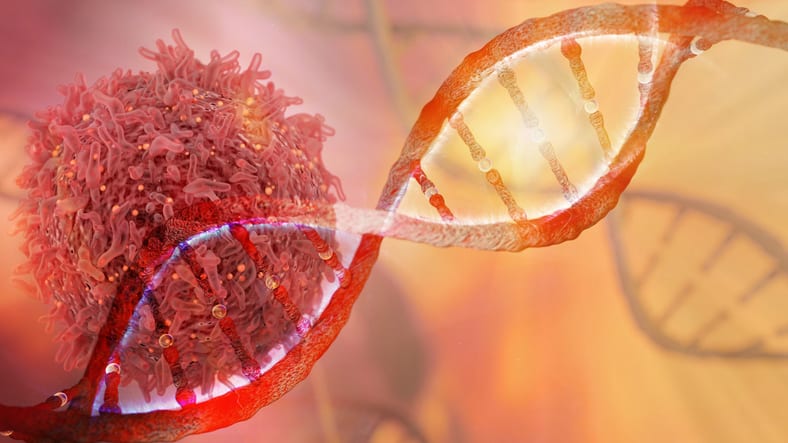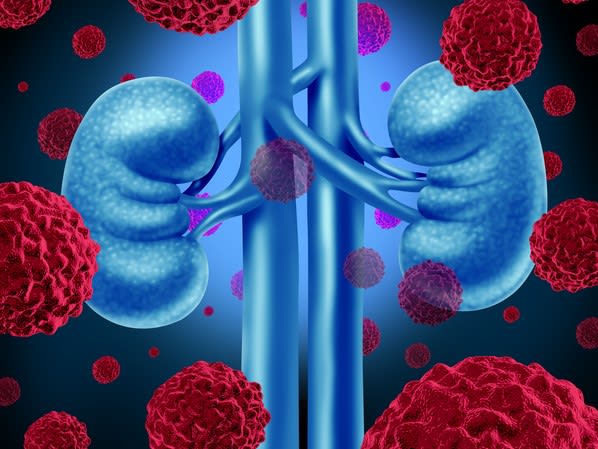Urologic Cancer Treatments
Our Treatment Philosophy
At the Providence Swedish Cancer Institute, we believe exceptional urologic cancer care starts with truly knowing you. Your story and your needs guide every decision we make. Whether you have prostate, bladder, kidney, or testicular cancer, we create a personalized treatment plan tailored to your diagnosis, using the latest advancements to give you the best possible outcome.

Advanced Treatments for Urologic Cancer
Our personalized approach means we consider specific characteristics of your cancer and your health needs to develop your treatment plan. You may receive one or more of the following types of treatment:
All urologic cancer treatments
Cellular Therapies
Medical Oncology
Radiation Oncology
- Adaptive Radiotherapy
- Brachytherapy
- CyberKnife
- Image-Guided Radiation Therapy (IGRT)
- Intensity-Modulated Radiation Therapy (IMRT) and Volumetric-Modulated Arc Therapy (VMAT)
- Radioligand Therapy
- Radiopharmaceuticals
- Stereotactic Ablative Radiation (SABR) and Stereotactic Body Radiation Therapy (SBRT)
- Surface-Guided Radiation Therapy (SGRT/SIGRT)
- Three-Dimensional Conformal Radiation Therapy (3DCRT)
Surgical Therapies
- Laparoscopic Nerve-Sparing Radical Prostatectomy
- MRI-Ultrasound Fusion Biopsy
- Open Nerve-Sparing Radical Prostatectomy
- Open Radical Cystectomy
- Renal Histotripsy
- Robotic Adrenalectomy
- Robotic and Laparoscopic Nephroureterectomy
- Robotic Laparoscopic Nerve-Sparing Radical Prostatectomy
- Robotic Partial Cystectomy
- Robotic Partial Nephrectomy
- Robotic Radical Cystectomy
- Robotic Radical Nephrectomy
- Robotic Retroperitoneal Lymph Node Dissection (RPLND)
Additional Therapies
- Cryoablation
- Embolization Therapy
- High-Intensity Focused Ultrasound (HIFU)
What to Expect
At the Providence Swedish Cancer Institute, your care team is with you from diagnosis through treatment, recovery, and survivorship. We combine advanced therapies with personalized care, ensuring you receive leading clinical expertise and the compassionate support you can always rely on, including a trusted, personal relationship with your physician. Learn what to expect during each phase of care.
Evaluation is an important step in helping us guide your treatment with confidence and precision.
We gather detailed information about your condition through advanced imaging and testing. This may include MRI, CT scans, or ultrasound to get a clear view of the tumor. Urine and blood tests, including PSA levels for prostate cancer, can also provide important clues. In some cases, we may recommend genetic testing to identify inherited risks and guide your treatment options.
Once we’ve completed your imaging and tests, our specialists work to pinpoint the type, grade, and stage of your cancer. For prostate cancer, this may include evaluating PSA levels and Gleason scores, while bladder and kidney cancers might require a biopsy to confirm the diagnosis. Then, our specialists discuss the findings in detail with you to make sure that you fully understand all of your options.
At the Providence Swedish Cancer Institute, your voice is central to your treatment. A personalized treatment plan includes advanced diagnostic insights from your care team, and considers not only the specific type, stage, and molecular characteristics of the cancer, but also the unique qualities that make you who you are — your values, your daily life, and your overall health. Customizing your care can improve outcomes, reduce the risk of recurrence, and support your overall well-being.
We offer holistic care options during and after treatment to support your physical and emotional well-being. Our cancer rehabilitation program is one of only a few cancer rehabilitation programs offered nationally, and it's led by a fellowship-trained cancer rehabilitation specialist. Cancer rehabilitation can include physical and occupational therapy; nutrition management; speech therapy; and lymphedema therapy to address fluid buildup, a side effect of radiation or surgical procedures.
Frequently Asked Questions
Treatment timelines vary depending on your diagnosis. Some surgical procedures are done on an outpatient basis. More complex cases may require a hospital stay.
Medical oncology and radiation treatments typically involve multiple treatment sessions over a period of days or weeks. Treatment timelines vary depending on the type and stage of your cancer. Your care team reviews your treatment plan with you, as well as any options that may impact length, frequency and duration of treatment.
Following active treatment, you will see your physician periodically to monitor any signs of recurrence.
It’s natural to feel nervous about surgery, but your care team will talk you through the process, helping you prepare for surgery and answering all your questions well in advance.
As part of your personalized care plan, we offer advanced surgical options tailored to your diagnosis and goals, including minimally invasive procedures, when possible, along with reconstruction if needed. After surgery, we provide detailed recovery instructions and make sure that you have all the ongoing support you need to help you heal with confidence.
Chemotherapy is typically given through an IV in cycles over several weeks or months. It can be used prior to surgery to shrink tumors or following surgery to reduce the risk of your cancer returning. At the Providence Swedish Cancer Institute, your care is led by a medical oncologist and supported by a dedicated team - including nurse practitioners, physician assistants, pharmacists, and nurses who coordinate your care and help manage any side effects. You'll have regularly scheduled visits, and if you need help between appointments, same-day support is available.
Radiation treatments are typically delivered over several sessions to target cancer cells while protecting healthy tissue. Your radiation oncologist will schedule a planning session to map specific treatment areas using imaging scans. Throughout your care, your team monitors your progress, manages side effects, and provides resources and support to ensure you feel comfortable and informed.
Cancer often requires a combination of approaches to achieve the best outcome, so it’s likely your care plan could include more than one type of treatment.
Surgery alone might be enough for early-stage cancer that hasn’t spread, but additional treatments like chemotherapy, radiation therapy, hormone therapy, or biological therapy may be needed to target cancer cells throughout the body, reduce the risk of recurrence, or improve overall effectiveness.
Our cancer experts tailor treatment to your specific diagnosis, working to achieve the highest likelihood of success.
Patients have access to hundreds of clinical trials involving most cancer types. We are often among the first in the U.S. to provide access to Phase 1 trials — the first stage of evaluating treatments in humans. Please note, we open new trials often. Check with your clinician for the latest in upcoming trials.
Learn more and find out if a clinical trial could become part of your treatment plan.
Some cancer treatments, including certain types of chemotherapy or radiation therapy, can affect fertility. These effects may be temporary, but in some cases, they can be long-lasting or permanent, depending on the type and location of treatment.
If you're concerned about fertility, our team will guide you through options, discuss the potential impacts of your specific treatment plan, and connect you with fertility preservation resources to help you make informed decisions about the future.
Some treatments for urologic cancers can affect bladder or bowel function, depending on the type and location of the cancer. Surgery or radiation may lead to changes like urgency or bowel irregularities, or incontinence (being unable to control urination), though many of these side effects can be managed or improved over time. Our team will discuss potential risks with you and offer supportive care and therapies to help manage any changes in your daily life.
News & Info From Our Experts






